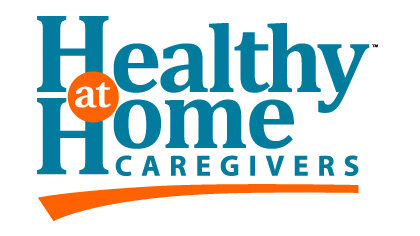Eating as You Age: 4 tips for staying healthy with food.
Fad diets, pyramid schemes, influencers, everyone has something to say about food and everyone has a platform to do it thanks to social media. But keep in mind that not all of these “gurus” have background in nutrition. While every body is different, there are things with well documented benefits that can help us stay healthy even as we age.
1. Eat Nutrient Rich Food
Often as we age our calorie needs decrease for various reasons, but our nutrient needs stay relatively the same. Less muscle mass, less physical activity, and changes in metabolism can mean we don’t need as many calories to keep us going as we did when we were younger but that’s no excuse to skip out on the nutrients you need! When you’re picking out what to eat for your next meal make sure that you’re eating as many nutrient rich foods, often called superfoods, as possible. Keep in mind that some foods, such as lentils, beans, and peas can increase not only your protein intake but also nutrients like fiber and vitamins D and B12.
2. Stay Hydrated!
Between a change in appetite and thirst and the introductions of medications that increase the risk of dehydration senior citizens are more likely to experience dehydration. It’s recommended that you get an amount of water equal to half (or more!) of your body weight in ounces. By that logic someone weighing 150 pounds should be drinking Anywhere between 75oz and 150oz of water daily. While water is the best way to stay hydrated you can also boost your hydration by eating water-rich foods like salads and fruits.
3. Take Your Vitamins!
As we age our bodies can have a harder time absorbing nutrients and when paired with a diminished appetite it puts a lot of seniors at risk for malnutrition. After age 50 the reduced acidity in our stomachs leads to a diminished ability to absorb nutrients such as vitamins B12 or D. But it’s not just your stomach’s fault! Aging skin has a harder time converting the vitamin D from sunlight which affects how much calcium your body is absorbing as well. Talk to your doctor about what supplements they recommend for you!
4. Share a Meal with Loved Ones
Seniors face many challenges as they age, and isolation is a big one. Changes in family dynamics and the loss of a loved one can change someone’s eating patterns and that can lead to them not getting enough of what they need for a healthy life. Consider reaching out to friends or family and scheduling a meal together. If you can cook it together, even better! More time together, a fun activity, and more nutritious food are great ways to spice up your dinner plans.
Nutrition is never going to be a one-size-fits-all thing and we encourage you to talk to your doctor before making huge changes to your lifestyle but it’s nice to have an idea of things to keep an eye on. Staying active, staying hydrated, and keeping yourself well fed is likely something you’ve been doing for years but remember to keep in mind the way your needs change as you age!

